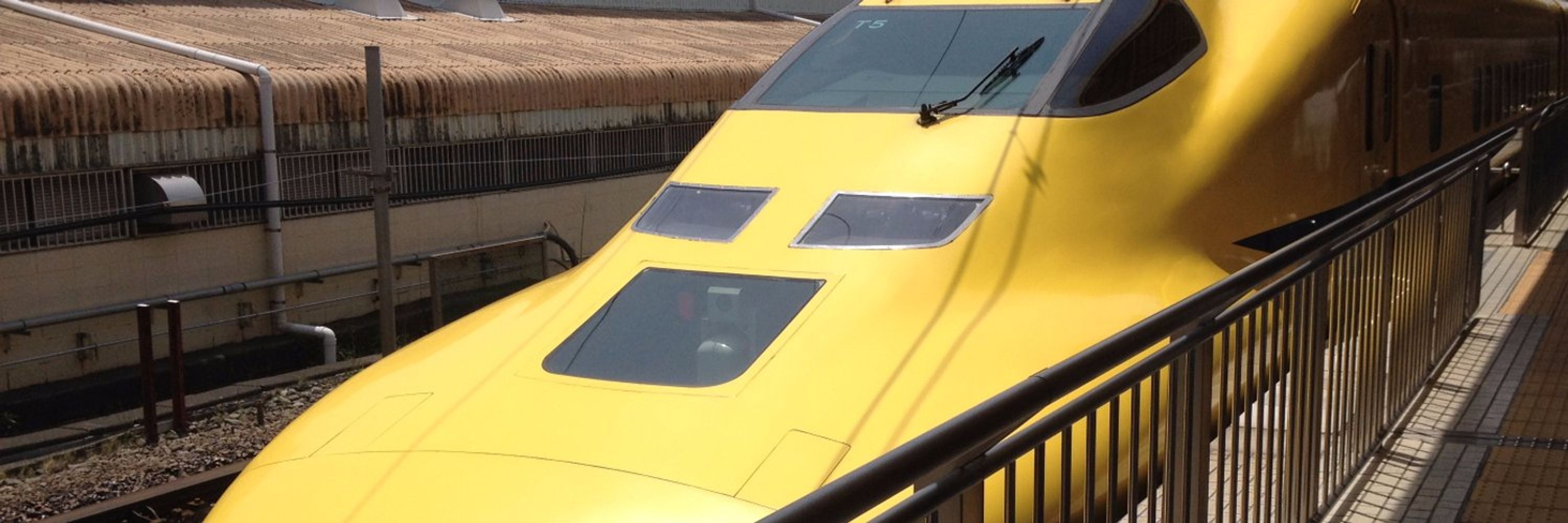
https://nln.cheme.kyoto-u.ac.jp/
New study by Zaferani et al. in
@natchemeng.nature.com
shows that branched MTs read boundaries — a leap from biology to engineering: nature.com/articles/s44...
My News & Views: rdcu.be/eEiaX
Congrats
@meisamzaferani.bsky.social
& team 👏

New study by Zaferani et al. in
@natchemeng.nature.com
shows that branched MTs read boundaries — a leap from biology to engineering: nature.com/articles/s44...
My News & Views: rdcu.be/eEiaX
Congrats
@meisamzaferani.bsky.social
& team 👏
www.nature.com/articles/s44...

www.nature.com/articles/s44...



pubs.acs.org/doi/abs/10.1...

pubs.acs.org/doi/abs/10.1...







